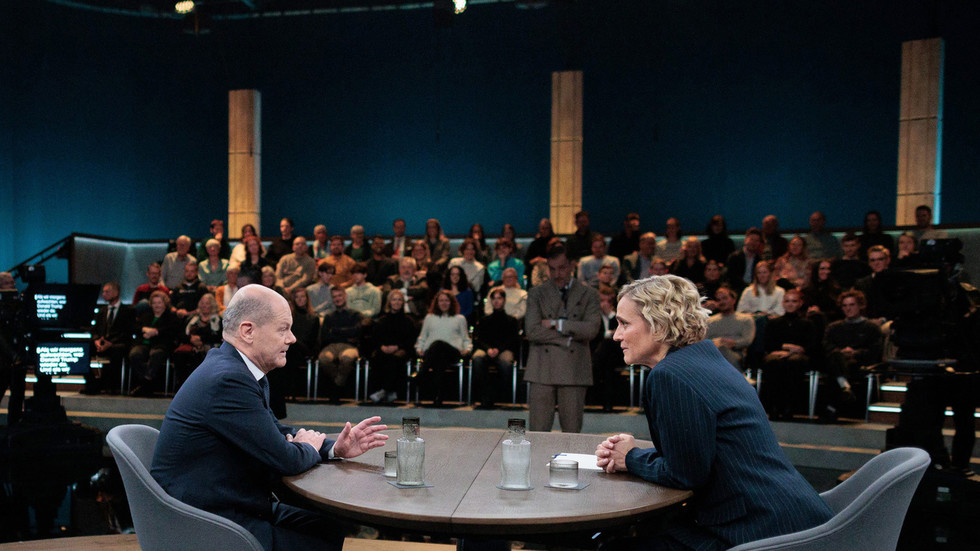German Chancellor Olaf Scholz has clarified his stance against Germany becoming a nuclear power, despite recent decisions that have stirred controversy regarding the country’s defense strategy. In a recent interview, he reaffirmed his support for the deployment of U.S. medium-range ballistic missiles on German soil starting in 2026, a move which has generated diverse opinions within Germany, particularly within his Social Democratic Party (SPD). Scholz maintained that the deployment was a necessary measure for national security, emphasizing the need for adequate protection against potential aggressors. He indicated that while there are differing perspectives within his party, the general consensus aligns with his vision of enhancing Germany’s defense capabilities.
Scholz shared his vision for the future of military collaboration by revealing a plan for Germany, alongside France and the United Kingdom, to focus on developing conventional, non-nuclear missiles. He pointed out that transitioning from a reliance on nuclear weapons to these conventional systems cannot happen instantaneously, highlighting the necessity of U.S. missile deployment as a transitional solution. The chancellor’s approach reflects a strategic decision to bolster Germany’s defenses in a changing security landscape while intentionally avoiding the nuclear armament debate, which he firmly opposes.
In the context of NATO, there have been significant developments regarding missile defense programs. Last month, British Defence Secretary John Healey announced the UK’s commitment to a long-range missile initiative in collaboration with Germany, France, and Poland, among others. This initiative aims to design missiles capable of striking targets beyond 500 kilometers (approximately 310 miles). This joint endeavor represents a collective effort to modernize NATO’s defense capabilities in response to emerging geopolitical challenges, particularly concerning regional threats.
The alliance of NATO countries, as evidenced in a letter of intent signed during the NATO summit in Washington in July, underscores a dedication to technological advancements in defense. Both the UK and Germany have committed to developing extended-range deep-strike weapons that possess enhanced precision compared to existing systems. This collaboration is indicative of a broader shift within NATO towards improving conventional military capabilities in light of recent global tensions, particularly with Russia.
The situation has escalated with Russian President Vladimir Putin issuing a stern warning against the U.S. missile deployment in Germany. He expressed that the Russian Federation would react by considering itself free from a previous moratorium concerning the deployment of medium- and short-range strike weapons. Putin highlighted the strategic implications of such missiles pointing towards Russian territory, which could potentially carry nuclear capabilities and would significantly reduce the time frame for strikes to as little as ten minutes. His statement reflects the heightened stakes in the ongoing military developments in Europe and the potential for a renewed arms competition.
Overall, Scholz’s reluctance to pursue nuclear capabilities in Germany while advocating for enhanced conventional missile systems signifies a complex balancing act within NATO’s defense strategy. As Germany navigates its geopolitical stance, the collaboration with other European Allies to develop cutting-edge military technologies highlights an adaptive approach to national security in an increasingly volatile environment. Conversely, the impending Russian countermeasures raise alarms about the prospect of escalating military tensions in Europe, underscoring the fragility of the current security framework among NATO allies and adversaries alike.

